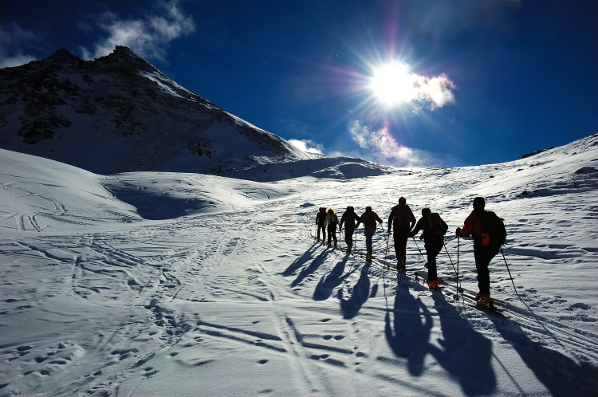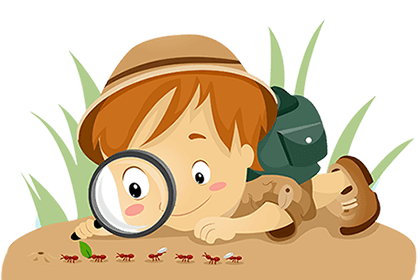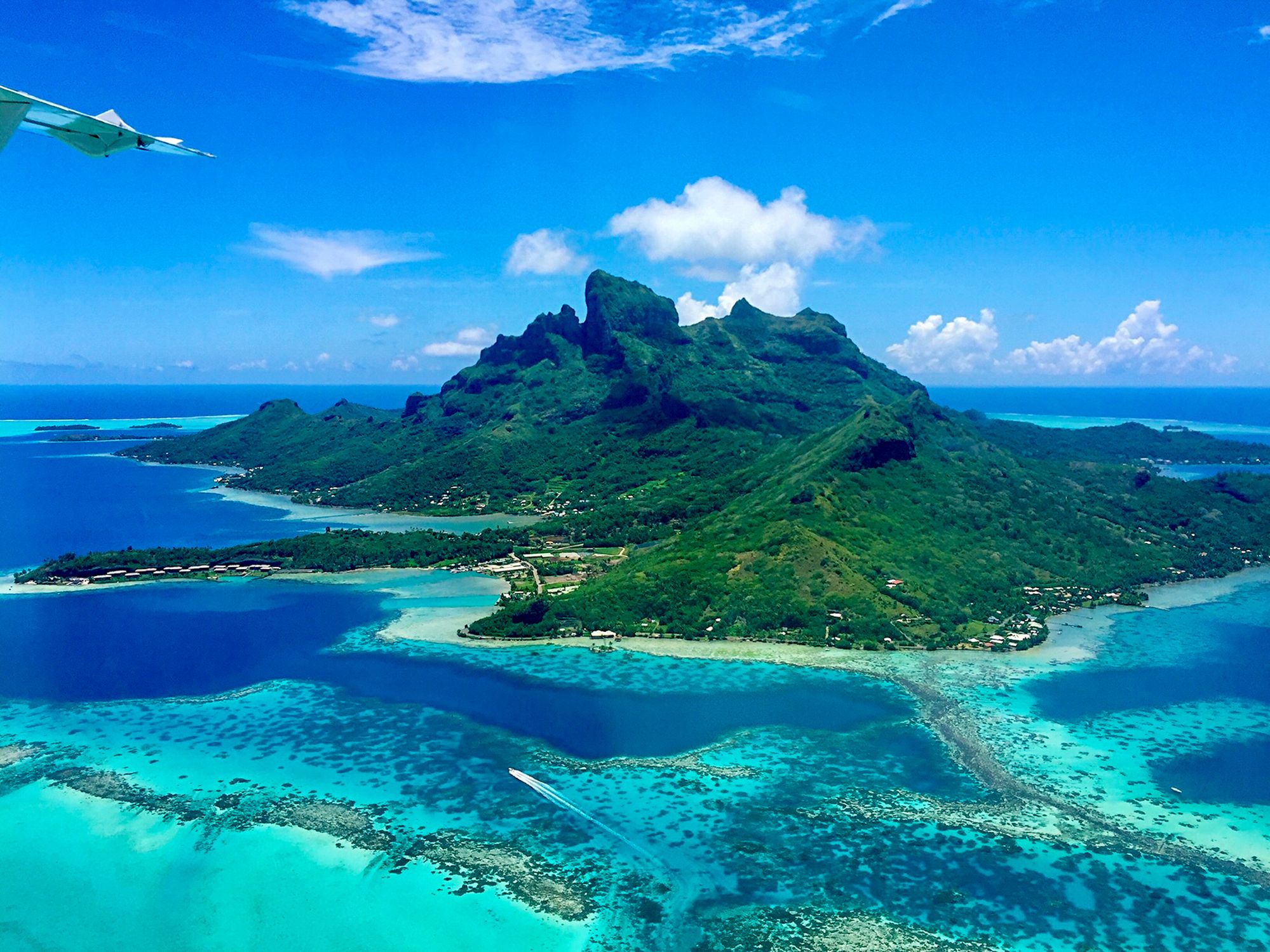Stamp: Landing on Elephant Island (British Antarctic Territory (BAT) 2014)
Landing on Elephant Island (British Antarctic Territory (BAT) 2014)
19 November (British Antarctic Territory (BAT) ) within release Centenary of the Shackleton Expedition (II) goes into circulation Stamp Landing on Elephant Island face value 1 British pound sterling
| Stamp Landing on Elephant Island in catalogues | |
|---|---|
| Michel: | Mi: GB-AT 668 |
| Stanley Gibbons: | Sg: GB-AT 649 |
Stamp is square format.
Also in the issue Centenary of the Shackleton Expedition (II):
- Stamp - Dragging 'James Caird' Across the Ice face value 1;
- Stamp - Endurance in Full Sail face value 65;
- Stamp - Endurance Trapped in Ice face value 65;
- Stamp - Hurley and Shackleton, Patience Camp face value 75;
- Stamp - Landing on Elephant Island face value 1;
- Stamp - Shackleton and Wild, Ocean Camp face value 75;
Stamp Landing on Elephant Island it reflects the thematic directions:
Exploration is the process of exploring, an activity which has some expectation of discovery. Organised exploration is largely a human activity, but exploratory activity is common to most organisms capable of directed locomotion and the ability to learn, and has been described in, amongst others, social insects foraging behaviour, where feedback from returning individuals affects the activity of other members of the group.
Exploration is the process of exploring, an activity which has some expectation of discovery. Organised exploration is largely a human activity, but exploratory activity is common to most organisms capable of directed locomotion and the ability to learn, and has been described in, amongst others, social insects foraging behaviour, where feedback from returning individuals affects the activity of other members of the group
An island or isle is a piece of land, distinct from a continent, completely surrounded by water. There are continental islands, which were formed by being split from a continent by plate tectonics, and oceanic islands, which have never been part of a continent. Oceanic islands can be formed from volcanic activity, grow into atolls from coral reefs, and form from sediment along shorelines, creating barrier islands. River islands can also form from sediment and debris in rivers. Artificial islands are those made by humans, including small rocky outcroppings built out of lagoons and large-scale land reclamation projects used for development.



